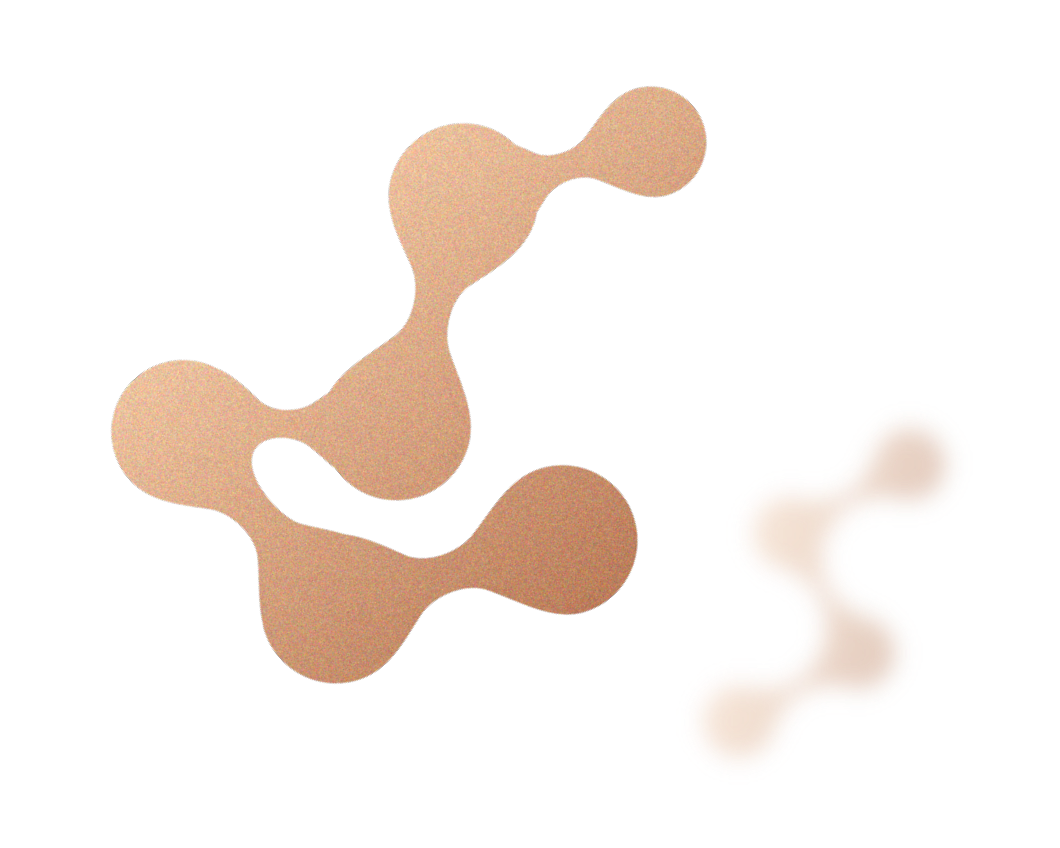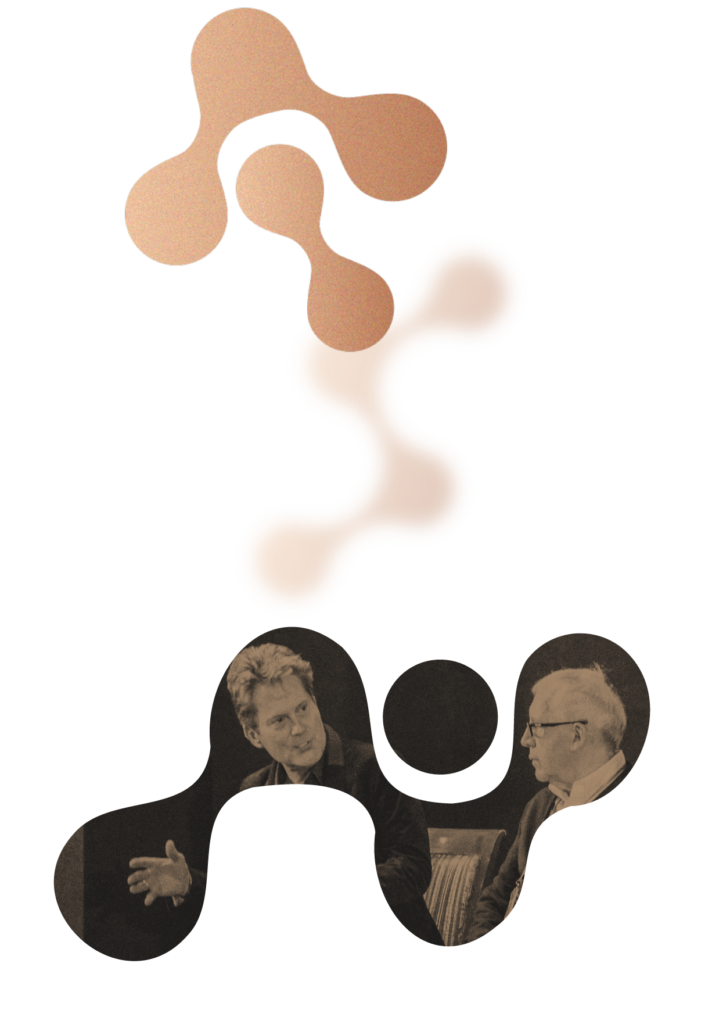Agenda






















Saturday 25th May 2024
In the Ravensbourne room at the Weir
08.00
The exhibits open in the Bayford & Cobbins rooms.
09.00 – 09.30
Welcome
Phil Micans welcomes everyone to the Profound Health Summit.
09.30 – 10.00
Keynote Lecture
The EVOLUTION of Curaderm® that has led to the REVOLUTION of skin cancer treatment.
Bill Cham, Ph.D.
We have discovered and identified natural molecules that possess anticancer properties. Extensive preclinical research followed with clinical Phases 1 to 3 trials were completed. Studies ranging from pre-cancer (actinic keratosis) to skin cancer basal cell carcinoma (BCC), squamous cell carcinoma (SCC) and melanoma were shown to be very efficacious with little toxic side effects. The mode of anticancer action of these molecules (now known as Solasodine glycosides, BEC) and the way these molecules specifically kill cancer cells by apoptosis is different to conventional anticancer agents that kill cancer cells by necrosis. BEC in a different formulation is effective in treating psoriasis. The cosmetic outcomes of treatment for skin cancer and psoriasis are amazing.
10.00 – 10.30
Clinical Applications and Outcomes of Integrative Strategies: Metabolic Therapies alongside Conventional Treatment for cancer.
Abdul Kadir Slocum, M.D.
This presentation discusses the challenges and shortcomings of current conventional clinical approaches to treating metastatic end-stage cancer. It introduces findings that support the feasibility of individualized cancer treatment protocols, which are both more effective and less toxic. Emphasizing the need for further research, it advocates for exploring non-drug modalities and combination therapies targeting cancer cells’ metabolic and cellular weaknesses. This report marks a significant departure from conventional treatment models, highlighting a transformative shift in exploiting cancer’s vulnerabilities for better patient outcomes.
10.30 – 11.00
Is there more to menopause than bioidentical hormones?
Wendy Denning MBBS, DRCOG, MRCGP, CCFP, DMAc
The menopause is a time of profound change in women’s bodies. In this talk Dr. Denning will discuss how to look after your health after the menopause and the role that bioidentical hormones can play in this process.
11.00 – 11.30
REFRESHMENTS
Tea, coffee and exhibits in the Bayford & Cobbins rooms.
11.30 – 12.00
Advancements in quantifying biological ageing and why it matters.
Hannah Went
Join Molecular Biologist and TruDiagnostic’s Director of Operations Hannah Went, on an exploration of the Biological Age and its rapidly emerging significance on health and wellness. In this presentation, Went explains what Biological Age is and why it is the number one risk factor for most chronic diseases worldwide. Also learn about the current limitations of epigenetic clocks, along with how to find an accurate and comprehensive epigenetic test to discover your Biological Age. Lastly, Went will be focusing on TruDiagnostic’s new algorithm, OMICmAge and why it’s the best biological age clock created to date.
12.00 – 12.30
Micronutrients that save lives: looking beyond essentiality
Robert Verkerk, BSc MSc DIC PhD FACN
Nutritional science categorises micronutrients into three main groups: essential, conditionally- (or semi-) essential and non-essential. A substance is considered essential when it must be obtained from the diet to maintain base functions because the body either does not synthesize it at all or it does but not in sufficient amounts to meet base requirements that prevent classical vitamin or mineral deficiency diseases (e.g., scurvy, pellagra, rickets, goiter, beriberi). Reflecting the implied relative importance of these categories is the emphasis placed on each in terms of research, education, and clinical practice. Nutrition surveys repeatedly show in Western societies that it is not deficiencies below reference intakes of essential nutrients, but rather insufficiencies or imbalances in all nutrient groups, especially conditionally- and non-essential micronutrients, that contribute to degenerative or chronic conditions, many of them seriously limiting both the quantity and quality of life. Dr Verkerk will explain how this disproportionate classification has impacted health care and perceptions of the value of nutrition. He will also provide evidence of the ‘essentiality’ of a wide range of so-called conditionally- and non-essential micronutrients for enhanced healthspan, lifespan and whole system performance.
12.30 – 13.00
Epigenetic signaling and telomere length
Robert Trossel, M.D.
Dr. Trossel will share his experience over the last year, working with the Genos institute, founded by Claudia Klein, a Causal Diagnostician, Scientist and the developer of RM31. This is a natural occurring protein in our body, that has easy access into the Nucleus of our cells and has profound epigenetic effects on telomere length. It is also used as a carrier of signaling information to precisely direct these epigenetic factors.
13.00 – 14.00
Keynote Lecture
Forever young: The peptide longevity program
Bill Lawrence, JD, MS, PH.D.
The Peptide Longevity Program reverses human biological aging biomarkers, regenerating human organs and systems and potentially significantly reducing human mortality. The presentation will include the scientific data and evidence supporting the Peptide Longevity Program.
14.00 – 15.00
LUNCHEON
A buffet lunch in the Lea Suite.
15.00 – 16.00
SPEAKERS Q&As
Your chance to ask questions to the speakers.
16.00 – 17.00
SPONSOR TALKS
Sponsors present their services.
17.00 – 18.30
REFRESHMENTS
Tea, coffee and exhibits in the Bayford & Cobbins rooms.
20.00 – 22.00
DINNER (please be seated for 8pm).
Please be seated for 8pm, dinner is located within the Lea Suite at the Weir, (smart dress code is requested).
An after-dinner talk by our guest of honour, Professor Deby Vinski. The subject: Artificial Intelligence in Regenerative medicine and Stem Cell Therapy.
Plus, thanks to all the speakers and a special award to Dr. Bill Cham.
Sunday 26th May 2024
In the Ravensbourne room at the Weir.
08.00 – 9:00
The exhibits open in the Bayford & Cobbins rooms.
09.00 – 9:30
Gather for the ‘in it to win it prize’ raffle worth £500.00.
09.30 – 10.00
Keynote Lecture
Hormesis and hormetins as drugs for health and longevity.
Suresh Rattan, Ph.D., D.Sc.
Mild stress-induced hormesis by hormetins is a promising and successful approach as drugs for maintaining, recovering, and enhancing health and longevity. Physical, nutritional, and mental hormetins initiate single or multiple cellular stress responses resulting in the strengthening of the homeodynamic space of an individual. The main stress responses through which hormetins and hormesis work are autophagy, anti-oxidation, DNA repair, chaperones, sirtuins and inflammation. Discovering and developing novel hormetins involves elucidating and establishing immediate and delayed stress response profiles of cells, followed by cell type-specific functional assays to demonstrate their health-promoting effects.
10.00 – 10.30
The interesting sTORy of Rapamycin.
Marios Kyriazis, M.D. DSc
Rapamycin is a drug with immunosuppressive and anti-cancer properties. Derived from a bacterium found on Easter Island, it inhibits the mTOR pathway, which regulates cell growth and proliferation. Initially used in organ transplantation to prevent rejection, it has shown promise in extending lifespan and treating various age-related diseases in preclinical studies, though its long-term effects in humans are still being researched. Rapamycin’s potential to delay aging and combat age-related ailments has generated significant interest in the field of anti-aging research, making it a subject of ongoing scientific investigation and debate.
10.30 – 11.00
Gene Therapy to Address Age Related Disease
Elizabeth Parrish, Ph.D.
Elizabeth Parrish is the Founder and CEO of BioViva, a company committed to extending healthy lifespans using cell technologies. Liz is a humanitarian, entrepreneur, innovator, podcaster, and a leading voice for genetic cures. As a strong proponent of progress and education for the advancement of regenerative medicine modalities, she serves as a motivational speaker to the public at large for the life sciences. She is actively involved in international educational media outreach.
11.00 – 11.30
REFRESHMENTS
Tea, coffee and exhibits in the Bayford & Cobbins rooms.
11.30 – 12.00
Keynote Lecture
Genes are not destiny: new options for APOE-ε4
Dr. Brian Delaney
The APOE-ε4 allele is a significant genetic risk factor for Alzheimer’s disease and other age-associated neurodegenerative diseases, as well as for heart disease and stroke. I will explain why apolipoprotein Ε4 increases disease risk, and then outline new, innovative types of gene therapy that can mitigate or even eliminate the risk that this allele confers.
12.00 – 12.30
Keynote Lecture
Bridging the Valley of Death in The Bahamas: Stem Cell, Regenerative Medicine, and Longevity-Enhancing Technologies.
Desiree Cox, M.D., M. Phil., Ph.D.
This lecture discusses the process, benefits and opportunities for sponsors, healthcare providers and entrepreneurs obtaining government approval from The Bahamas for stem cell therapies and other future health technologies. The lecture presents data over the past decade since the 2013 Stem Cell Act (The Bahamas) that provided legal framework and an ethical model for safe global access to stem cell therapies as well as new laws expanding access for patients. Learn how the regulatory framework in The Bahamas can help companies bridge the valley of death.
12.30 – 13.00
Brain inflammation: quench the fire and regenerate.
Meleni Aldridge, BSc, NutrMed, Dip CPNI, Cert LTHFE
It’s well known that unresolved low-grade inflammation creates the foundation for dysfunction to proliferate in the body, ultimately leading to the development of chronic disease. However, the brain also becomes inflamed, diminishing capacity, eroding resilience, and hastening the onset of neurodegenerative disorders and diseases. Brain fog, brain fatigue, disordered thinking, poor short-term memory, multiple ‘senior moments’ in a day, difficulty in decision making, confusion without a cause and persistent low mood, are not normal brain states – no matter how normalised they have become. Join Meleni as she characterises the terrain of the inflamed brain and outlines practical strategies to safeguard this most important asset.
13.00 – 13.30
Abdominal obesity: More than a cosmetic concern, it’s a sign of a complex insulin resistance syndrome requiring functional medicine assessment and reversal.
Sly Nedic, M.D., IFMCP
Abdominal obesity, coupled with insulin resistance, poses a significant global health challenge, often underestimated as a mere cosmetic issue. The increasing incidence of type 2 diabetes and non-alcoholic fatty liver disease highlights the urgency to address this epidemic due to its implications for morbidity and mortality. Current aesthetic procedures targeting subcutaneous fat fail to address the underlying problems associated with visceral fat, necessitating a paradigm shift in treatment approaches. Liposuction, a popular aesthetic intervention for abdominal fat reduction, proves ineffective in altering critical markers of visceral fat and insulin resistance. Inflammatory markers, plasma concentrations of CRP, IL-6, TNF-α, adiponectin, as well as insulin sensitivity in muscles, liver, and adipose tissues, remain largely unaffected post-liposuction, thereby leaving other risk factors for coronary heart disease unaddressed. To effectively combat the rising prevalence of abdominal obesity and its related complications, a comprehensive understanding of its pathophysiology is essential. Treating abdominal obesity as a complex insulin resistance syndrome requires a nuanced assessment and personalized treatment strategies, encompassing both cosmetic and functional considerations.
13.30 – 14.00
Maximising healthspan with NAD+. Brain and cellular optimisation.
Elena Seranova, Ph.D.
Our cells have an essential energy engine called the Krebs cycle, which relies on a powerful co-enzyme called NAD+ to produce energy (ATP). As we age, NAD+ levels decline, impacting our cellular health and crucial processes like autophagy. Autophagy is vital for maintaining optimised healthspan and cognitive function. This talk delves into the interplay of NAD+ and autophagy in our health. We’ll focus on how they affect brain function and explore their role in neurodegeneration and overall aging process, while mentioning how we can maximise our healthspan, aka the number of years we spend in good health.
14.00 – 15.30
LUNCHEON
Lunch in the Lea Suite.
Includes: Laughter is the best medicine, a zany talk by Dr. Peter McDonald.
15.30 – 16.30
SPEAKERS Q&As
Your chance to ask questions to the speakers.
16.30-17.00
VIDEO SEGMENT
Bill Fallon, the owner of the Life Extension Foundation and founder of the Age Reversal Network, and the Church of Perpetual Life highlights the concept of the stairstep approach to biological age control.
17.00-17.15
CLOSING REMAKRS
We enjoyed your company and look forward to seeing you again.
17.15-18.30
REFRESHMENTS
Tea, coffee and exhibits in the Bayford & Cobbins rooms.
